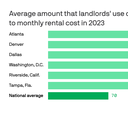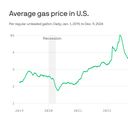Here come the AI agents
AI technology is advancing rapidly and if you're not already using it at work, brace yourself.
Why it matters: That was Sam Altman's message, buried in a recent blog post.
- "We believe that, in 2025, we may see the first AI agents 'join the workforce' and materially change the output of companies," writes the OpenAI founder.
State of play: The possibility of using AI agents to do work instead of expensive humans has some companies super excited. It's making many workers super anxious.
- Distinct from an AI chatbot, an AI agent can work autonomously. You tell it what to do, and the agent goes off and does it in the real world. In other words, it could theoretically fully replace a human.
For example, a scientist could use a bot to conduct research and possibly even design an experiment.
- But an AI agent, when prompted, can act as a research assistant — it can not only do the research and design an experiment, the agent can conduct it and compile the results. (In a recent paper, scientists at AMD and Johns Hopkins University described how they successfully had an agent do just that.)
Zoom out: Altman, of course, has a big interest in a future where AI plays a bigger role at work. And it's not clear yet what happens to U.S. workplaces in 2025.
- But the idea of AI agents in our workplaces is hardly just an AI entrepreneur's fantasy, researchers and experts say.
Zoom in: Some companies are already experimenting with AI agents in limited pilot programs — to conduct drug discovery, for project management, or to design marketing campaigns.
The big picture: The key question is what happens to people's jobs? Most experts agree that agents will change the nature of work over the coming years — particularly for those who work at a desk in front of a computer.
That could mean an agent starts doing some of your work. "In an ideal world, this is a multiplier of effort where I delegate the worst parts of my job to AI," says Ethan Mollick, a management professor at Wharton who studies AI.
- Altman said something similar in a podcast interview. He doesn't think about "what percent of jobs AI will do, but what percent of tasks will it do," he said on Lex Fridman's podcast last year. AI will let people do their jobs, "at a higher level of abstraction."
- AI has made workers more efficient, but there's still a lot more work to do. "The one thing I'm not worried about is that we're running out of work," GitHub CEO Thomas Dohmke told Axios.
Yes, but: While humans will still absolutely be needed to supervise the AI's work, agents will start replacing humans over the next two years, says Anton Korinek, an economics professor at the Darden School of Business at the University of Virginia and Visiting Scholar at Brookings
- "Any job that can be done solely in front of a computer will be amenable to AI agents within the next 24 months," Korinek said in an email, assuring this reporter that he was not himself an AI. (He also agreed that he could be replaced by one.)
- "From my conversations with business leaders, the majority of large companies employing white-collar workers are looking into what they can automate with AI."
Between the lines: Humans are moving more slowly than the technology. Companies have to figure out how to adjust operations to accommodate AI workers, says Lareina Yee, a senior partner at McKinsey and AI expert.
- And that can be a costly endeavor.
- The biggest challenge to moving AI agents into the workplace isn't the tech, it's the people, she says. "This is not a technology strategy moment, it's a business strategy moment."

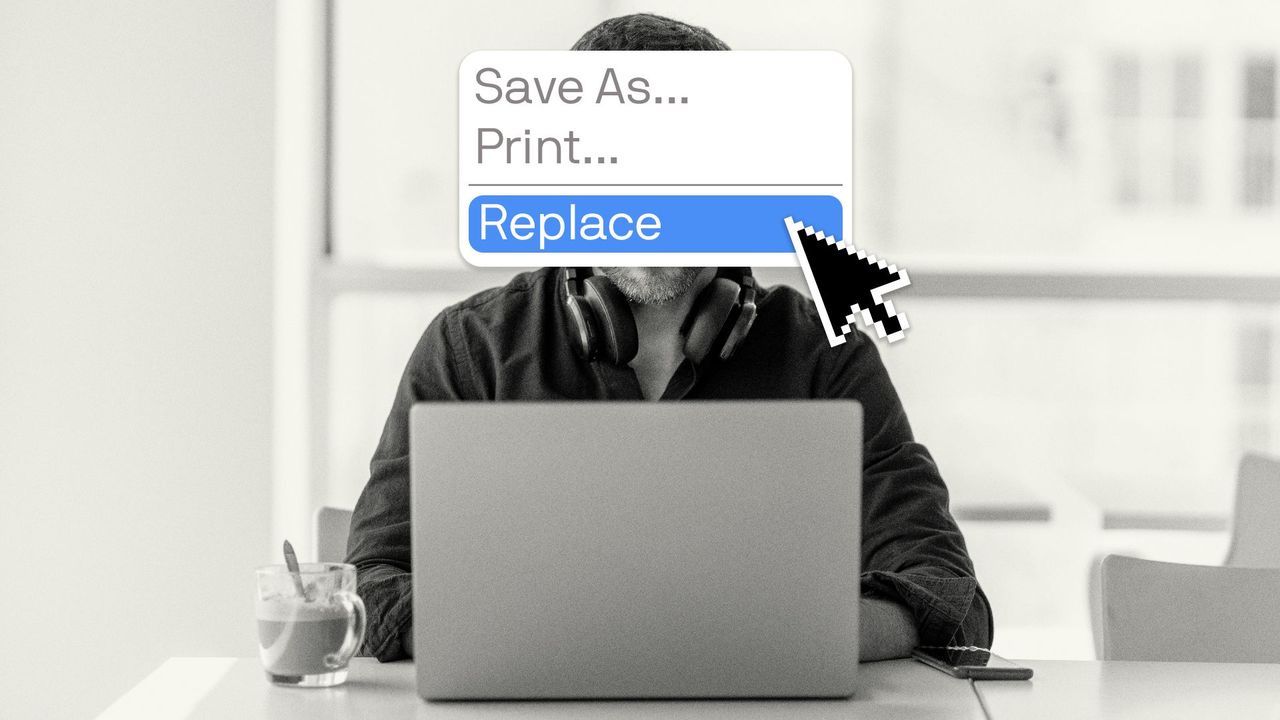

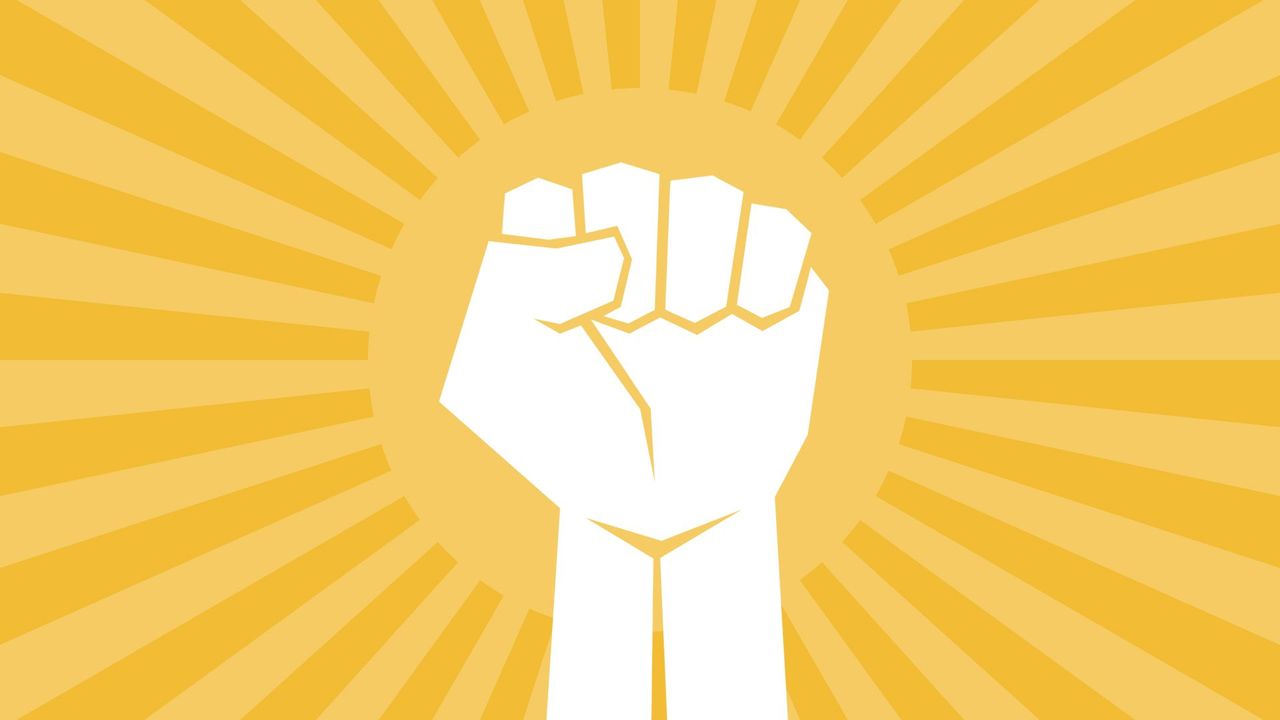
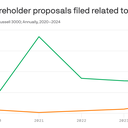





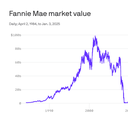




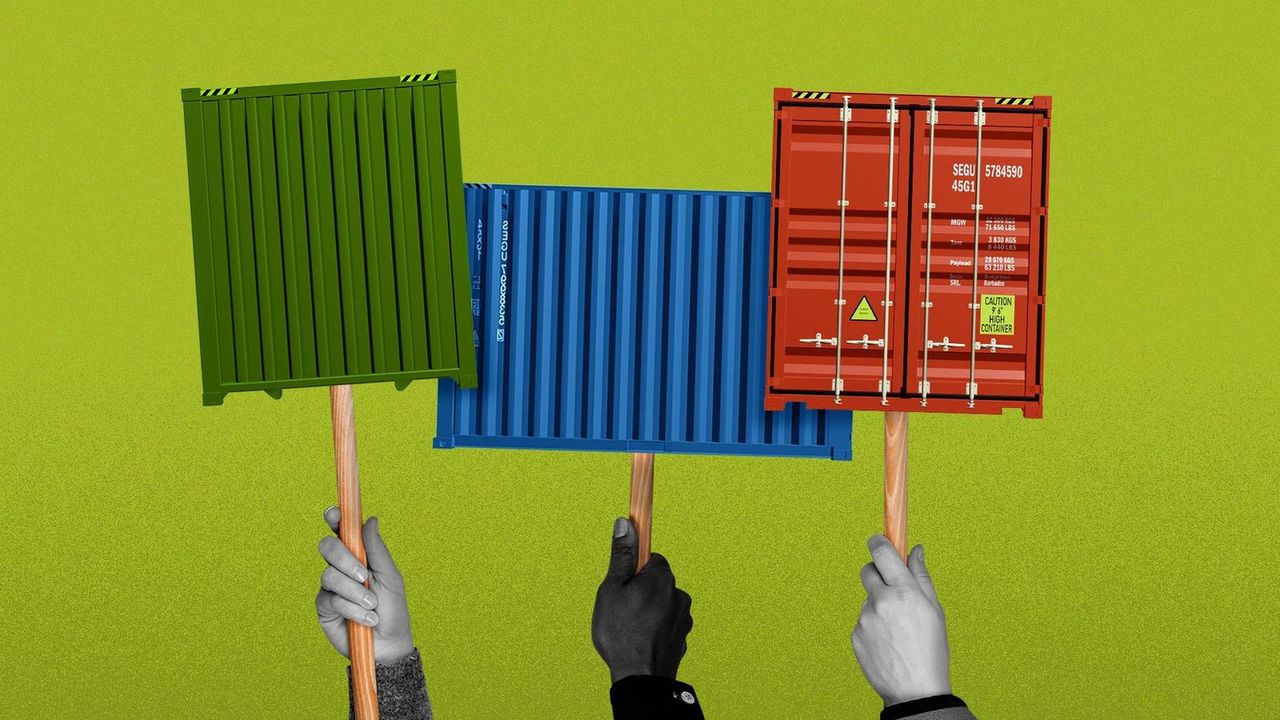

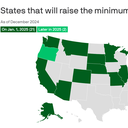





/2024/12/17/1734466083092.gif)
